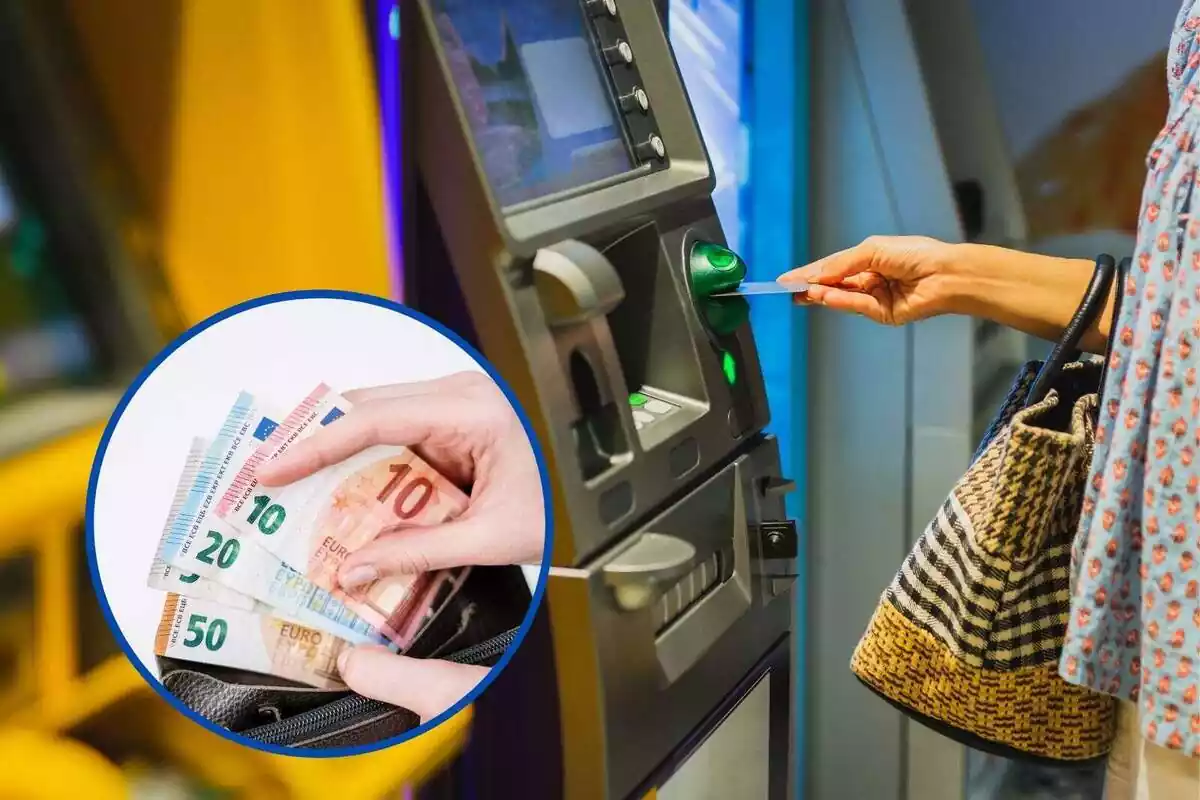
Urgent notice to BBVA and CaixaBank customers: not doing this will result in a fine
Banks warn about the need to comply with the regulations imposed by the Tax Agency
If you are a client of BBVA or CaixaBank, it's important that you take note of a series of important changes and warnings. Hacienda has set its sights on certain money movements, and if you don't follow the rules to the letter, you could face severe financial penalties.
For some time now, the Tax Agency has intensified control over banking operations, especially those involving large sums of money. Both BBVA and CaixaBank have informed their clients about some aspects they should consider when making deposits or cash withdrawals.
For example, if you are going to make a deposit into your account and the amount is over 1,000 euros (1,000), you must identify yourself to the bank. This means the bank will ask for your personal information to correctly register the transaction. It's important that you know this, as failing to do so could result in a penalty.

BBVA and CaixaBank also inform that if you make a deposit or a cash withdrawal over 3,000 euros (3,000), they are obliged to report this transaction to Hacienda. This also includes payments made using 500 euro bills, which are considered particularly sensitive by the authorities.
They remind that the limit of money that can be moved within Spain is 100,000 euros (100,000). If you make a deposit or withdrawal above that figure, you must declare it to Hacienda using form S1.
Additionally, loans and credits over 6,000 euros (6,000) will also be under scrutiny. If you request or receive an amount greater than this, you should be aware that tax authorities might require additional information.
BBVA and CaixaBank warn of penalties
It's essential that you follow the instructions of BBVA and CaixaBank, especially because there are several penalties you could face if you don't comply with the regulations. The fines are divided into three types, depending on the severity of the infraction.

First, there are minor ones. In this case, the penalty can reach up to 3,000 euros (3,000). Additionally, if the undeclared amount exceeds a certain limit, you could face an additional penalty that could reach 50% of the amount not declared.
If the infraction is serious, the penalty will be higher. The surcharge can be between 50% and 100% of the amount you didn't declare. In this type of infraction, the base of the penalty must exceed 3,000 euros (3,000).
The penalty for a very serious infraction, meanwhile, can include a surcharge of up to 150% of the undeclared amount. Additionally, if the defrauded amount exceeds 120,000 euros (120,000), the infraction can be considered a tax crime, with the legal consequences that this entails.
More posts: